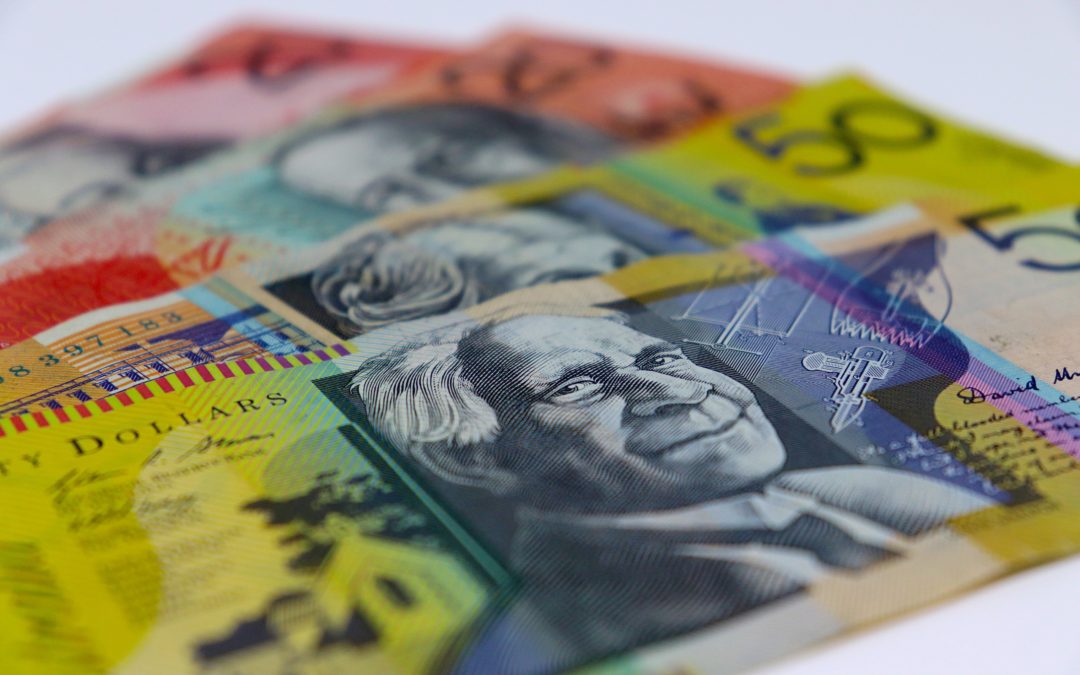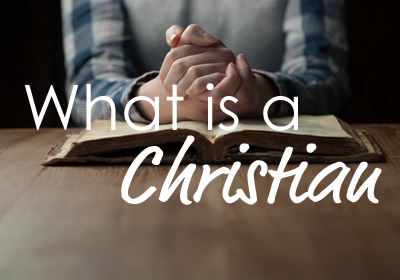Last week’s sermon looked at the second oldest story in the world; Cain and Abel. It begins with both brothers giving an offering to the Lord. Although it’s difficult to spot the difference on the surface, we’re told God was pleased with Abel and his offering, but not with Cain and his. How is it that God is displeased with Cain putting a portion of his income in the offertory plate?
The answer is not to do with what Cain gave, but how he gave it. He gave in the hope of getting something from God in return and was downcast when he learned that no such blessing would be forthcoming. The reason God is not pleased with such giving is because in the end, Cain was not actually giving to God; he was giving to himself.
Cain and Abel represent 2 very different religions. One says (i) believe in God and (ii) obey, then you will be accepted. The other says (i) believe in God and (ii) you are accepted, then (iii) obey. The million-dollar question is, am I a Cain or an Abel? Richard Halverson helps us determine this when he says ‘money is an exact index to a man’s true character’. So to determine which religion we belong to, the real question to ask is, do I give like Cain or like Abel?
Cains will look at what they have loft over after they’ve spent all they want, and give the bear minimum required to ‘put God in my debt, so he will have to bless me’. Abels on the other hand give of their ‘firstfruits’ (Gen 4:4), not even knowing if they will have enough left over for everything they need. Why? Because they are so thankful for what God has done for them (e.g. forgiveness), they just want to show God how much they love and appreciate him.
Perhaps it’s time we reassessed our love and appreciation of the cross and determine whether our giving makes us a Cain or an Abel.






